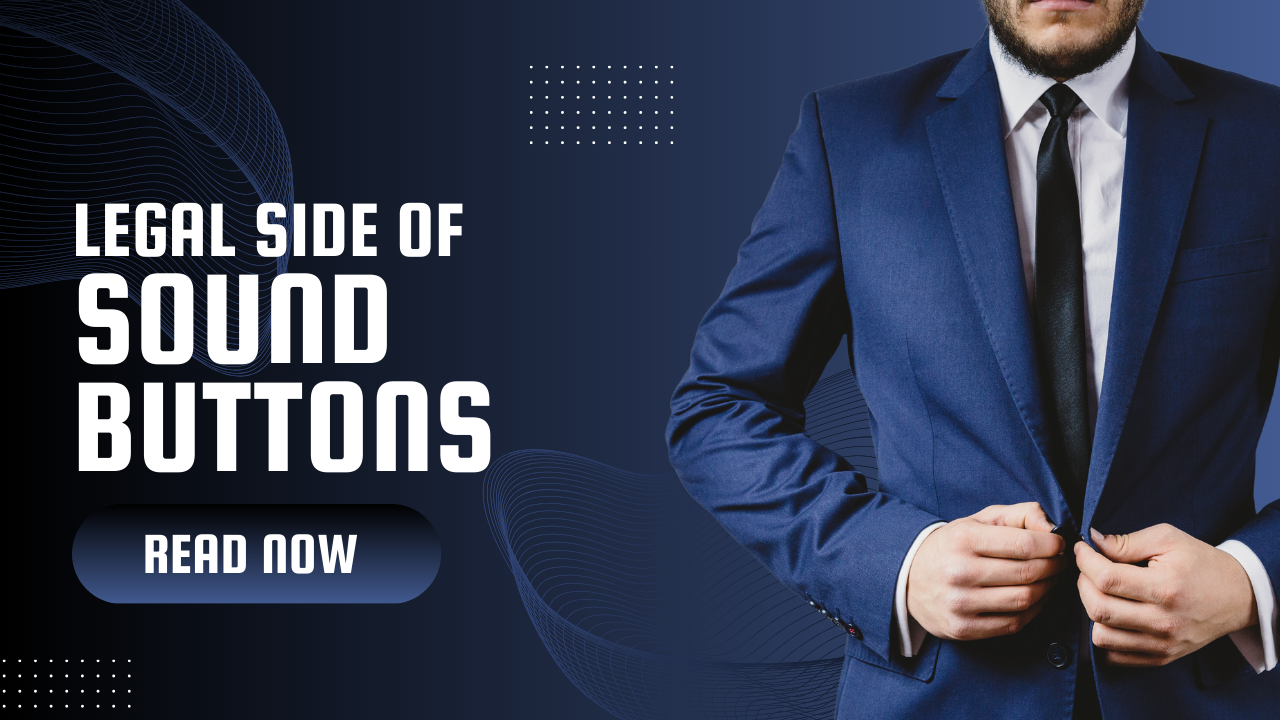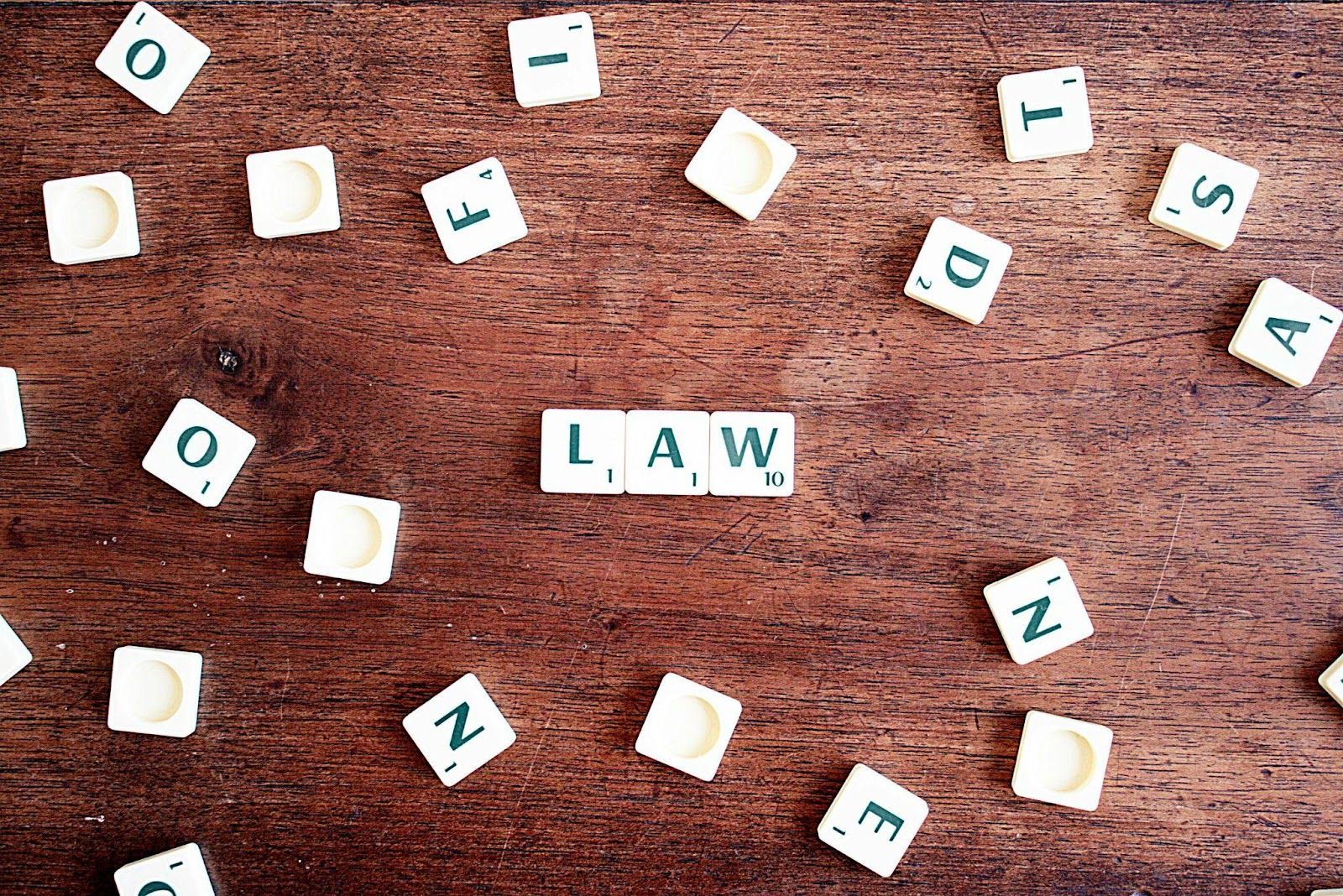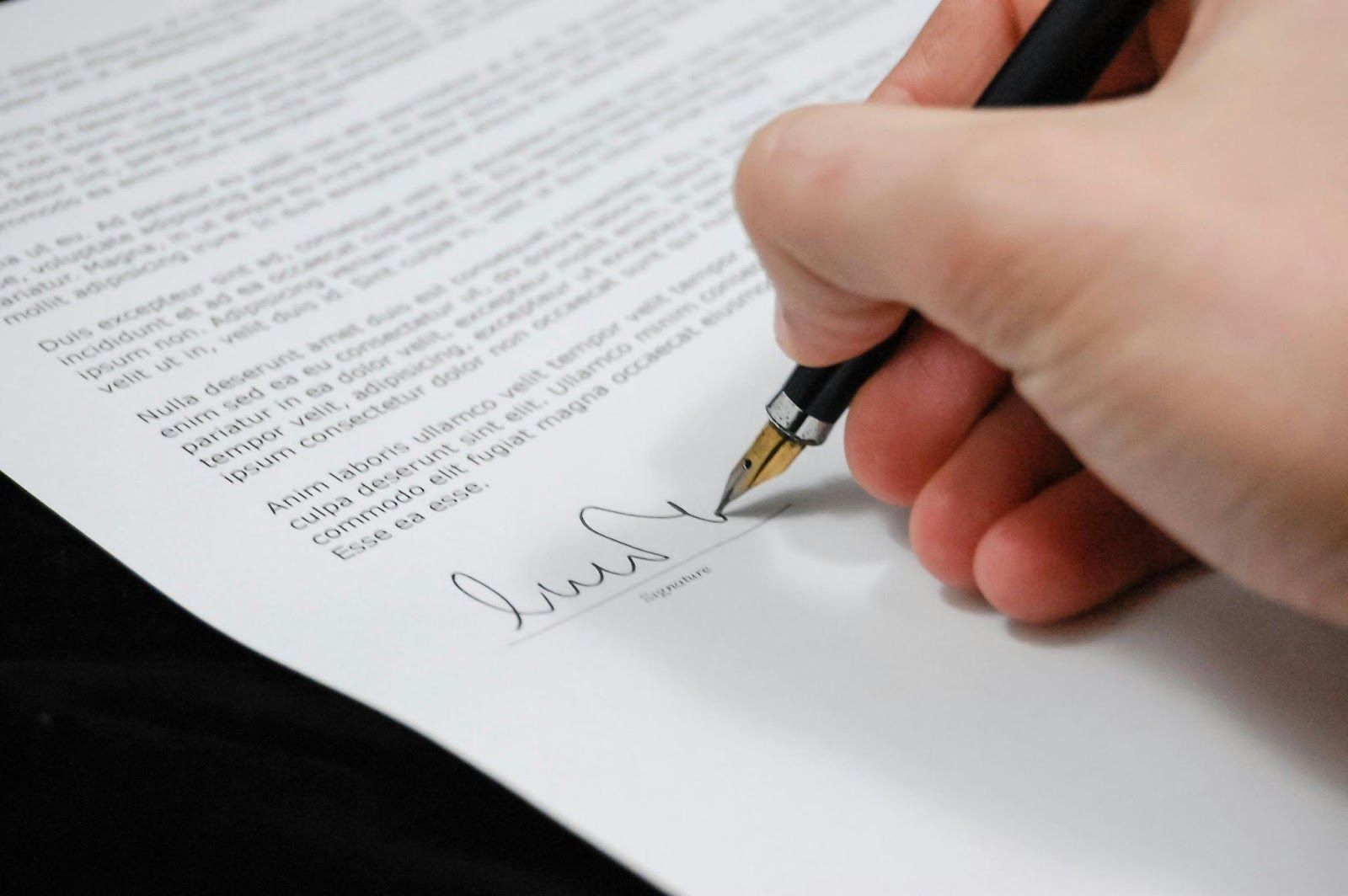The Legal Side of Sound Buttons: Copyright and Usage Rights Explained
Sound buttons are now widely used in classrooms, for live streams, video editing and even in mobile apps. These enjoyable and immersive tools allow individuals to click and play sound effects or brief sound bites. But sound buttons, while easy to use, come with a somewhat more complicated legal reality. The ability for a sound clip to be used legally in a button is largely determined by copyright laws and usage rights. In this post, we will clarify the legal side of sound buttons, so you know what is and what isn’t allowed, as well as how to not infringe copyright.

What is Copyright?
Copyright is a legal protection afforded to creators of original works, such as music, sound recordings, and sound effects. It grants creators the exclusive right of:
Reproduce their work.
Distribute copies.
Exhibit or public show their work
Derivative works based on the original.
The sound clip you are using, though short, may still be under copyright. Such use without authorization can lead to fines or legal action.
Why Copyright Matters for Sound Buttons
Sound buttons might use short audio clips, like:
Famous movie lines.
Famous songs or music peaces
Signature sound effects (like the sound of a doorbell chime or explosion).
And while these clips seem small or harmless, they are still protected by copyright law. Regardless of using sound buttons for personal projects, commercial use, or entertainment, you have to ensure that you have the legal rights to utilize those sounds.

Public Domain Sounds
Some sounds are in the public domain, which means they can be used freely by anyone without restriction. Here are the rules for public domain sound:
Copyright ends (typically decades after the death of the creator).
The sound is placed explicitly in the public domain by the creator.
The work is not copyright protected.
Public domain sounds can be:
Sound of the nature (the rain/thunder recordings which are not copyrighted)
Very old musical recordings.
Custom sound effects for public domain libraries.
To verify whether a sound is in the public domain or not, do a search on trusted platforms such as Freesound. org or The Public Domain Review.
Creative Commons Licenses
Creative Commons (CC) licenses are another way to legally use sound clips. These licenses help creators share their work within certain parameters. Some common forms of CC licenses are:
This is available under the terms of CC0 (Public Domain Dedication).
CC BY (Attribution): Use freely, but thanks the creator
CC BY-SA (ShareAlike) — You can use them freely, but any derivative work must have the same license.
NOTE: When using a sound clip, always read the terms of a Creative Commons license carefully.
Royalty-Free Sounds
Indeed, royalty-free does not mean free. Instead, it means that you can pay a one-off fee to use the sound clip without paying ongoing royalties. There are royalty-free sound libraries, like Epidemic Sound and AudioJungle, to purchase quality audio clips and legally use them on sound buttons.
If you want to use royalty-free sounds, be sure to:
Read the licensing agreement.
Confirm if the commercial use is permitted.
Check if attribution is needed
Fair Use Doctrine :
Fair Use is a legal concept that allows limited use of copyrighted work without requiring permission under certain circumstances. Fair use often turns on whether the use is:
Transformative: Provides new relevance or meaning to the original work.
Non-commercial: Used for educational and commentary and research purposes.
Affect: contains only a small portion of original work
Fair use, however, is not guaranteed and can be subjective. If you’re using sound buttons under a fair use theory, I’d recommend contacting an attorney.

Common Mistakes When Using Sound Buttons
Short Clips Are Safe: A 3-second clip of a popular song can be a copyright violation.
Disregarding Attribution Obligations: Certain Creative Commons licenses obligate you to credit the creator.
Public (Commercial) Projects and Commercial Sounds: Buying a sound effect does not necessarily mean you can use it commercially.
Downloading Sounds From Unauthorized Sources: Some sites distribute copyrighted content without permission.
How to Legally Source Sounds for Sound Buttons
To remain on the safe side, you need to abide by these:
Use sounds from the public domain or Creative Commons.
Buy sound effects from royalty-free sound libraries.
Generate your unique sound effects – your original sound effects.
Be sure to re-read the licensing terms before using any sound.
Websites like Freesound. You can find legal sounds at sites such as freesound.
What About Parody or Satire?
Parody and satire are often protected as fair use. If you’re making it a meme or a remixed sound bite for the purposes of humor or changing the sound clip into something else, you could qualify to do so under fair use laws. But invoking parody as a defense can be a treacherous path, since courts treat it differently in every case.
What You Can Do to Protect Yourself Legally
Cite Your Sources: Record where you found each sound.
Read Licenses: Know what you can and cannot do with a sound.
Give Proper Attribution: Always credit the creator when required.
Seek Legal Advice: Don't hesitate to get legal advice if you are unsure.
Sound Buttons in Commercial Projects
You must be extra vigilant if you intend to use sound buttons in commercial projects (for instance mobile apps, marketing initiatives, or monetized films). Commercial use may entail:
Each sound clip is covered by a commercial license.
Documentation showing you are the rightful owner of the sound.
The license may require attribution.
Final Thoughts
The legal landscape behind sound buttons is a relevant topic for those interested in creative and fun tools for engaging audiences. Always, always make sure you are legally allowed to use whichever sounds you are using, regardless if you are doing it for personal projects, kids projects, or commercial use.
As long as you follow copyright law when you use licensed audio, and credit your creators properly, you can enjoy your sound buttons without legal woes.
So the next time you push that sound button, you can do so with confidence — you're on the right side of the law!